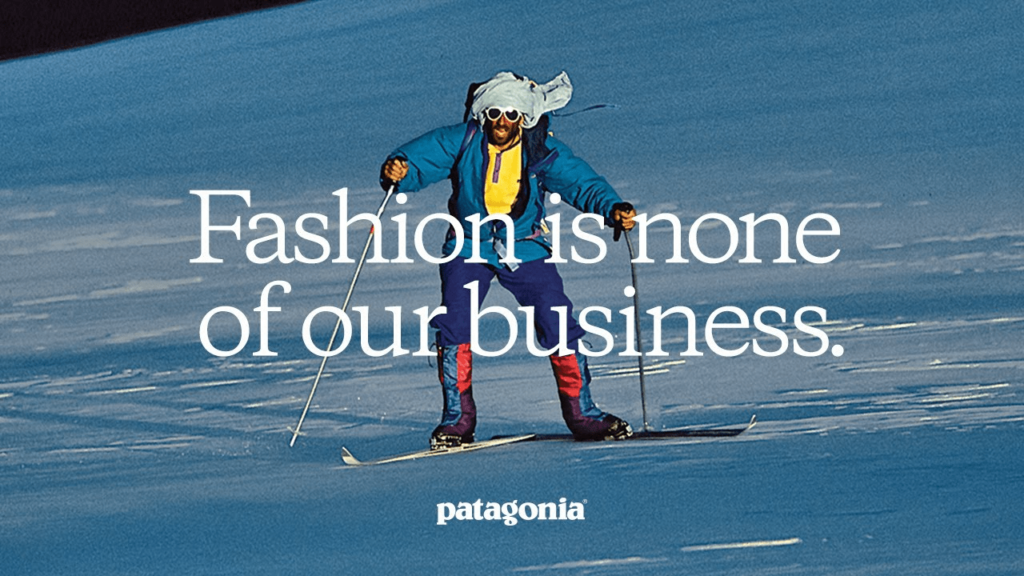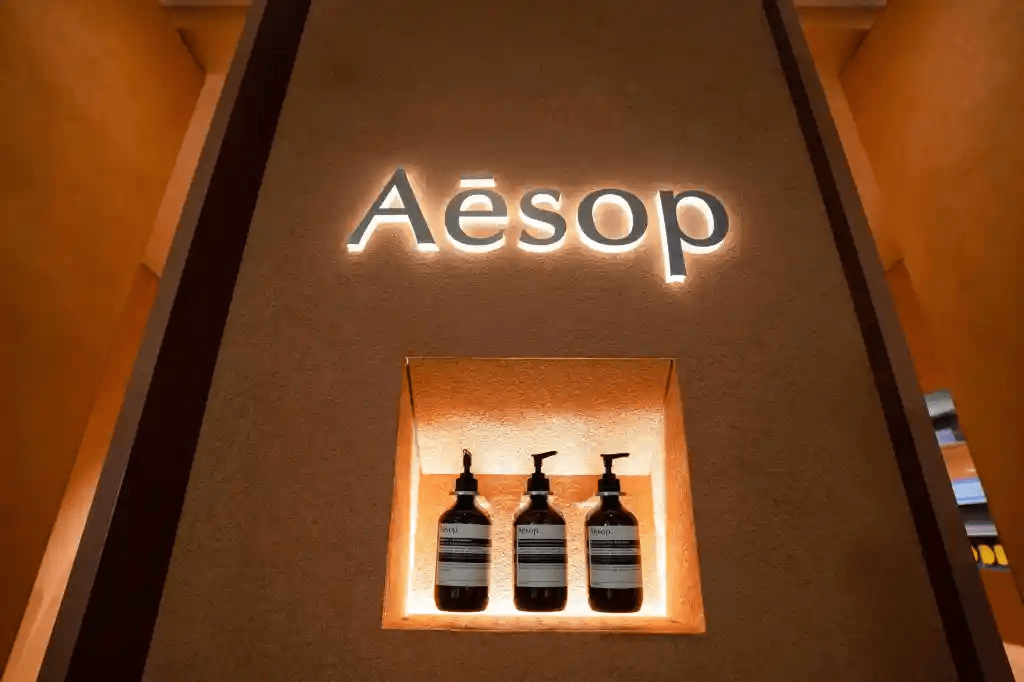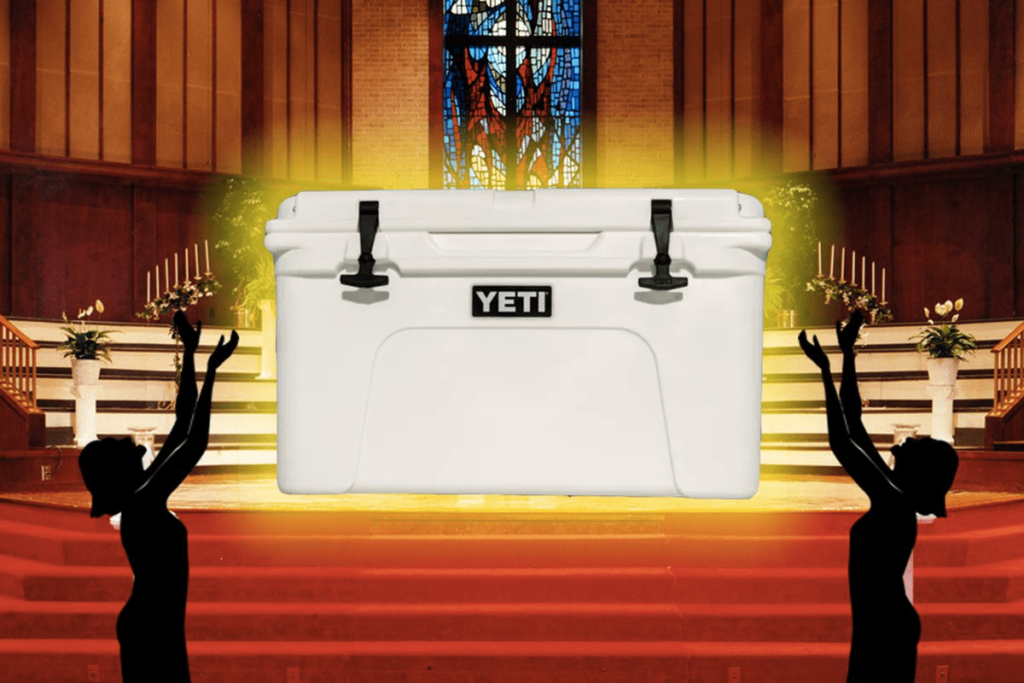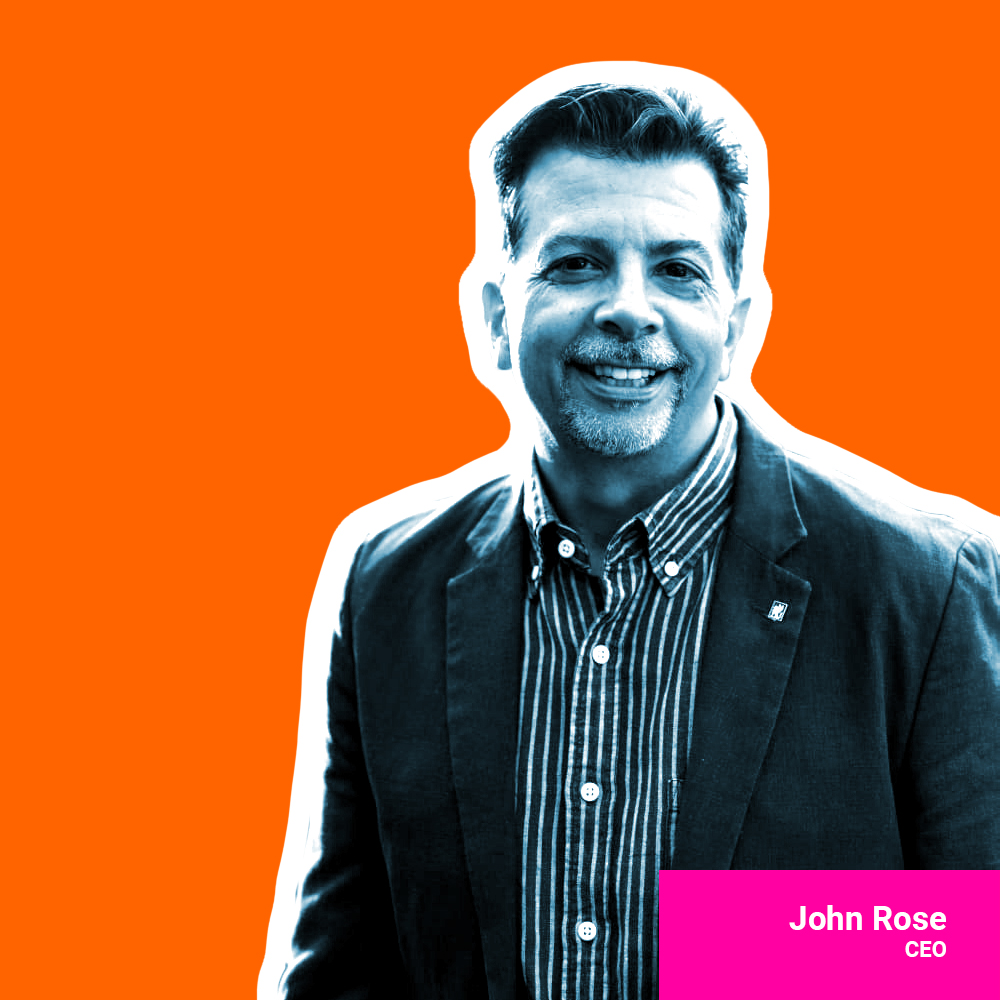
Are You Actually a Lifestyle Brand—Or Just Playing One on Instagram?
From soap to granola bars to body lotion, every brand today wants to mean something deeper. But when everyone’s marketing a “journey,” the only thing consumers feel is exhaustion. Lifestyle branding works—but only up until it becomes performance art. This is a wake-up call for brands that talk like gurus but sell like rookies.
Before a long-haul flight to South America, I did what any semi-responsible adult with vague dietary ambitions might do: I stocked up on “healthy” snack bars. A few hours into the flight, somewhere over the equator, I unwrapped a KIND bar—almond butter and dark chocolate. The wrapper said: “Do the KIND thing for your body, your taste buds, and your world.”
I wasn’t exactly in a position to save the world at that precise moment. I was too busy battling a sweaty forehead and freezing toes, while squinting at a Liam Neeson movie through the blinding glare from the one person in our cabin who insisted on keeping her window shade open—like she was trying to hatch chickens. I just wanted a snack. Not a mission statement.
That’s when it hit me (uh oh). Brands don’t just want to sell you something anymore. They want to be your life coach, therapist, spiritual guide, and emotional support animal—all for the price of a protein bar. To be fair, KIND built a strong, enviable lifestyle brand, but after its Mars acquisition, some of its messaging may be sounding more like purposewashing than purpose.
I’ve worked in branding and marketing long enough to know the temptation. I’ve helped shape campaigns with meaning. I’ve written the manifestos. I’m not above it. But lately, there’s been a disturbance in the force. Some brands have gone from storytelling to soul-selling.
Lifestyle Branding: The Cult That Ate Marketing
There was a time when lifestyle branding meant something.
Nike didn’t just sell sneakers—they sold ambition. Harley-Davidson wasn’t a motorcycle—it was rebellion wrapped in chrome. Apple made you feel like owning a computer meant you were part of a genius subculture.
Those brands earned lifestyle merit badges by being consistently excellent, unapologetically themselves, and emotionally true.
But suddenly, every cracker, sock, candle, and lip balm seems to come with a worldview.
- Razors are helping me “redefine masculinity.”
- A bamboo toothbrush invites me to “start and end each day with intention.”
- A collagen supplement offers “visible self-respect in 30 days.”
- A Scandinavian sparkling water promises to “hydrate my inner strength.”
- A body lotion named “Courage” insists I “take charge of my narrative.” (I think it makes people smell like coconut and delusion.)

We’re Living in the Age of the Brand Therapist
Check your inbox. Look at the boxes on your shelves. Everyone’s trying to mean more.
“Live gently.”
“Join the movement.”
“Power your potential.”
“Find your why.”
Every brand now speaks like it’s about to lead a mindfulness retreat. And I guess some probably do. The result? The more they talk about purpose, the less they seem to actually have one. They aren’t inviting us into a lifestyle. They’re performing one. And like any performance, once you’ve seen behind the curtain, it’s hard not to cringe.
Again, let me be clear—I’ve been in those rooms. The ones where the brainstorm starts with toilet bowl cleaner and ends with social impact. Where the brief asks for ‘emotional resonance’ and ‘ritualized self-expression’. I’ve written those ads. I’ve pitched that campaign. And I’ll do it again. But I’ve also learned the danger of when the message becomes bigger than the product. That’s when credibility collapses.
The Consumer Isn’t Stupid. They’re Just Over It.
Gen Z, god bless ‘em, who’ve been marinating in marketing since preschool—can sniff out insincerity faster than you can say: “namaste”.
According to Edelman, over 60% of global consumers don’t believe brands live their stated values. And they’re probably being polite.
We’ve taught an entire generation of marketers to be “storytellers,” but every once in a while someone has to stop and ask: Is this really our story—or just the one we like telling ourselves?” Sometimes, you’re not a character in someone’s journey. You’re a snack. You’re hand soap. You’re pants. And that’s okay.
Consumers don’t hate invention—they hate being played. A little branding theater is fine. We all know the wine bottle is the ringmaster. The key is that the wine inside puts on a great show.

Lifestyle Branding That Actually Works (Because It’s Real)
Some brands still pull it off. Because they don’t just declare lifestyle. They live it.
Patagonia didn’t just write a purpose statement—they gave the company away. Their clothes are built to last longer than your attention span, and their activism isn’t tied to seasonal sales. In 2022, founder Yvon Chouinard transferred ownership of Patagonia to a trust and nonprofit to ensure all profits—roughly $100 million a year—go to fighting climate change. They didn’t just commit to purpose; they institutionalized it.
Aesop, the apothecary-gone-high-design, turns hand soap into a cultural moment. They don’t shout values—they whisper elegance. And you believe them. Minimalist packaging, literary copy, and stores that look like architectural mood boards. They don’t chase trends. They build temples to restraint—and let the aesthetes come to them.
Yeti somehow made a $400 cooler a cult object. It isn’t because of slogans. It’s because the product works—and the brand behaves like it’s in on the joke.
Built for hunters, hijacked by hipsters, Yeti coolers became trophies of ruggedness. Their tone is dry, their performance is serious, and their merch strategy makes even their tumblers feel like status symbols.
Rapha, the cycling brand for people who wear Lycra like it’s armor, built a global community without ever begging for one. They didn’t post “Join our tribe.” They opened clubs in Tokyo, London, and Berlin where people could literally ride together.
They sold premium gear to serious riders, told stories that romanticized the suffering of the sport, and opened physical clubhouses that made community feel earned—not algorithmically assembled.
These brands don’t scream “live your truth.” They simply exist as if they believe in something.

How to Know If You’re the Problem
If you’re wondering whether your brand is actually a lifestyle—or just dressing up like one for social engagement, here’s a quick gut check:
- You’ve published a brand values manifesto, but customers can’t find a phone number, a human, or a straight answer.
- Your “community” is a newsletter list. No forums. No conversation. No sign of life beyond scheduled email drips.
- Your packaging is a triumph of design, but your product is indistinguishable from the generic version on the shelf below it.
- You talk about transparency, but your pricing, sourcing, and policies read like a PR strategy, not a commitment.
If any of that rings true: you’re not building a lifestyle. You’re cosplaying one.
The Fix: Be Useful. Be Interesting. Be Honest.
You don’t need to be part of someone’s lifestyle. You just need to be part of their life—in a way that’s honest, relevant, or occasionally delightful.
The KIND bar I opened? It was fine. It did the job. But I’m a grown-up. I don’t need validation from a wrapper. I need snacks that don’t melt in my carry-on and don’t talk down to me while I eat them.
I’m not against storytelling. I’ve built a career helping brands find theirs. So, invent if you must—but deliver. If you’re going to tell a story, make sure it’s yours—and make sure it’s true.
Or, just make something great and tell us why. Often, that’s enough.



